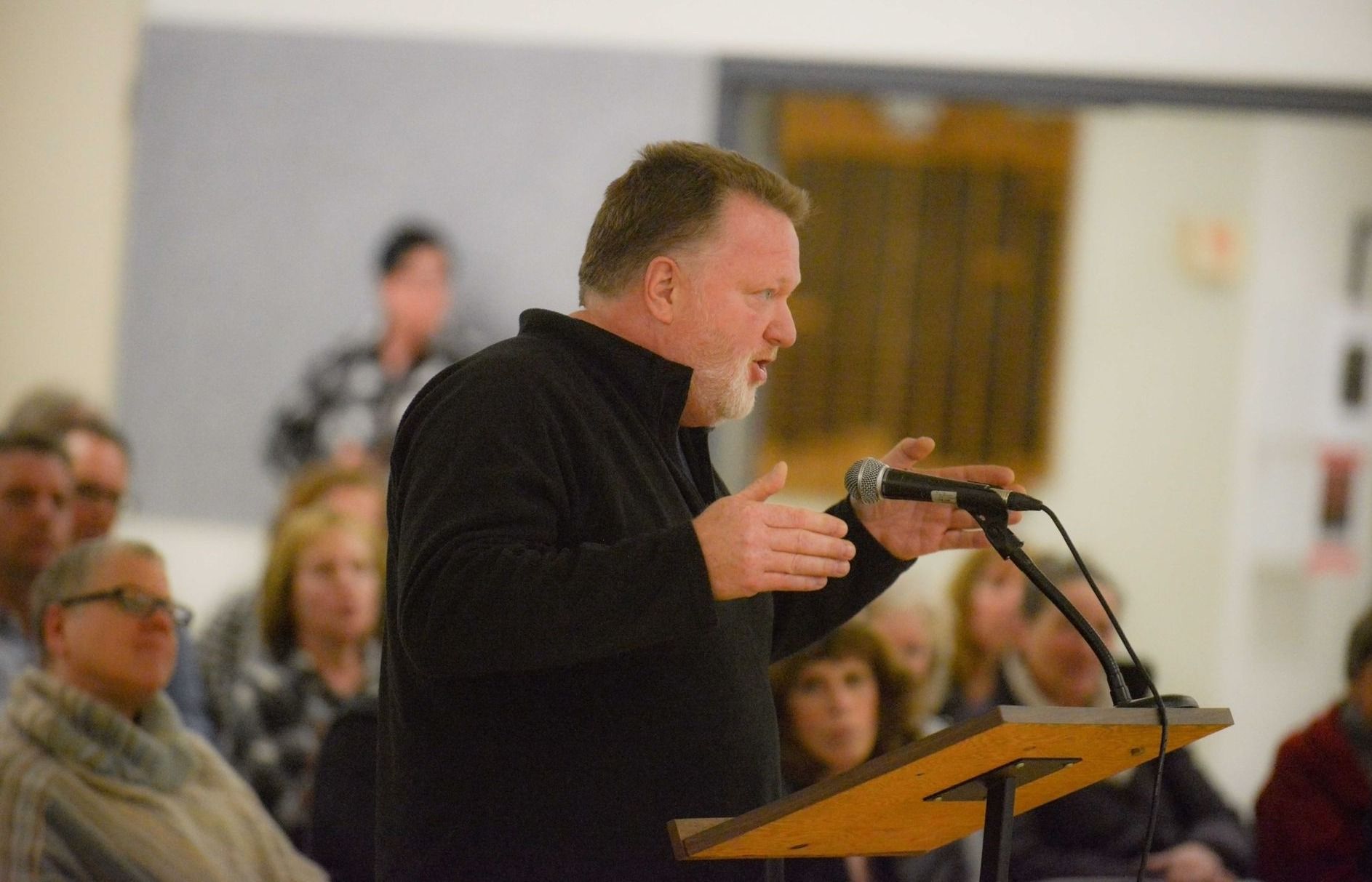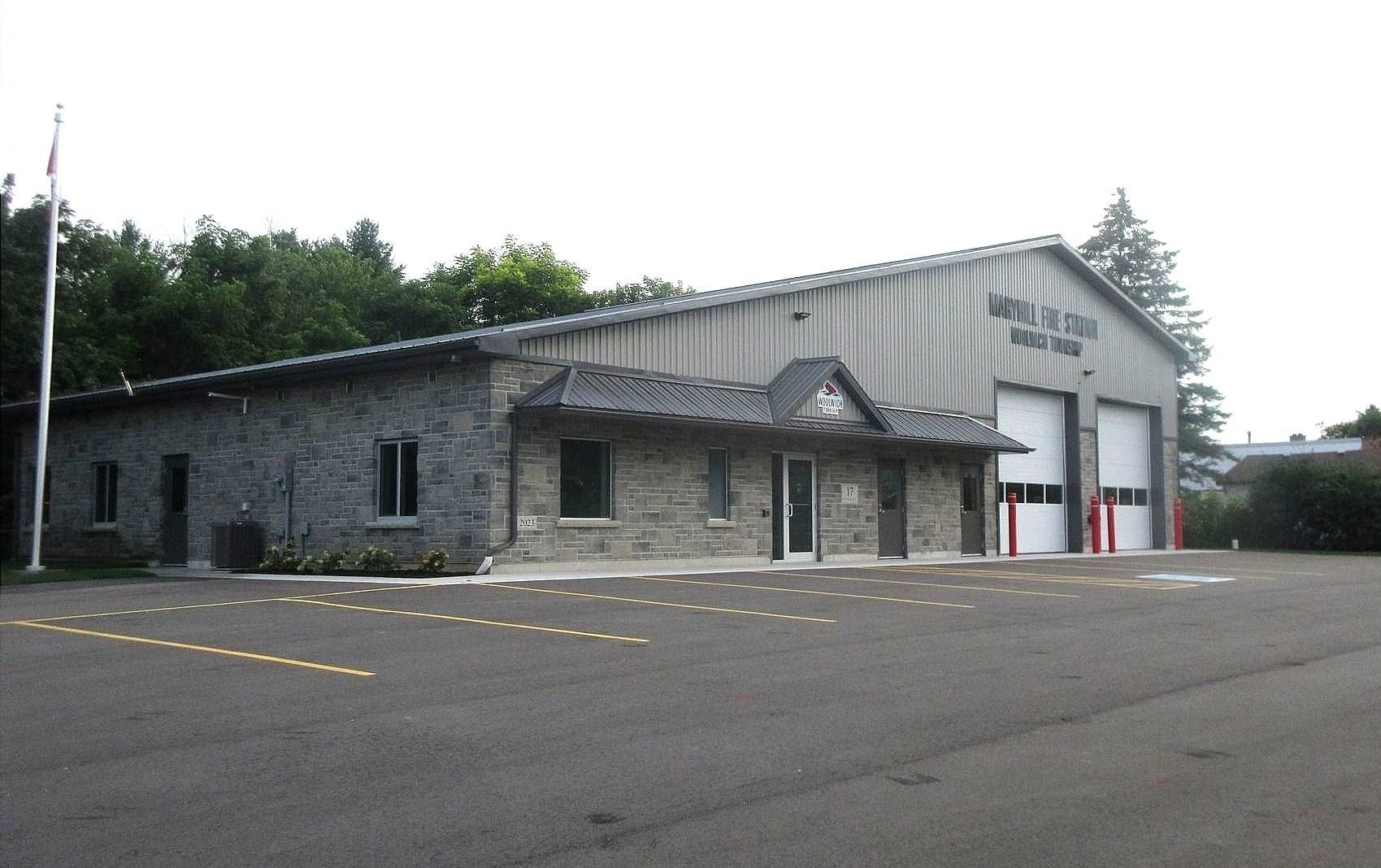Already under fire for its Greenbelt policy, the Ford government last week got an official rebuke in the form of the latest report from the Auditor General of Ontario.
Bonnie Lysyk noted the way the provincial government decided which parcels of land to take out of the Greenbelt for development was biased and rushed, giving preferential treatment to a few developers.
Lysyk and her team also found the Greenbelt land was not needed to meet the government’s target of 1.5 million new homes over the next decade, a conclusion the province’s own Housing Affordability Task Force had already advised. Staff with the Ministry of Municipal Affairs and Housing had already allocated housing targets in late October 2022 for those 1.5 million homes before the proposed changes to the Greenbelt.
The Auditor General’s office also found that the land that was added to the Greenbelt in lieu of the land taken out was largely already protected. They found that the owners of the land taken from the Greenbelt will collectively see a rise in the value of their land by $8.3 billion.
When asked if he knew about how the land swap was handled by the Ministry of Municipal Affairs and Housing, MPP for Kitchener-Conestoga Mike Harris responded via email, “I was not directly involved with this process but I am confident that the recommendations we plan to adopt via the Auditor General’s report will help guide future deliberations in matters like these.”
When asked why the provincial government pursued taking land out of the Greenbelt after its own Housing Affordability Task Force found it unnecessary to do so, Harris responded, “These lands will help unlock the potential to build 50,000 homes, schools, parks and other community infrastructure. Municipalities have been asking to move much of this land out of the Greenbelt for decades so that they can plan for future growth and alleviate many of the challenges that we currently face in regard to housing as we continue to see a record pace in immigration, which shows no sign of slowing down.”
Multiple organizations have called for the resignations or removals of Minister of Municipal Affairs and Housing Steve Clark, adding the land in question should be returned to the Greenbelt.
“Reversing the decision to open up the Greenbelt to development is the only way the government can regain the trust of farmers and all Ontarians,” said Max Hansgen, National Farmers Union-Ontario president, in a statement.
“The auditor general confirmed what we already knew all along,” said Kevin Thomason, vice-chair of the Grand River Environmental Network.
“We’ve suspected this from the beginning. She just now has the proof and the smoking gun. I think what really matters to people in this region is that the Greenbelt isn’t an isolated incident – this is a very consistent pattern. This is exactly how this government operates. It doesn’t matter whether it’s the Minister’s Zoning Orders, whether it’s them taking regional planning away from the Region of Waterloo, or even with our regional official plan, with them blowing open the boundaries down in Kitchener and crossing the countryside line and forcing thousands of acres of unnecessary urban sprawl on to our farms, destroying the farms. It’s the fact that there was no data. There was no public consultation, there was no information provided. They completely ignored all the local input.”
Asked to respond to local questions about whether the province’s revisions of Waterloo Region’s official plan was done in a similar way to the Greenbelt’s land swap, Harris responded, “Amendments to Waterloo Region’s official plan used much of the region’s own evaluations and answered calls from lower-tier municipalities to have more land available to them and to help simplify the planning process.
“It’s also worth mentioning that the much-coveted countryside line was not impacted and will remain intact,” he said of the policy to prevent urban expansion into farmland in the townships.
He added, “It’s important to remember that not everyone wants to, or can, live in condos or apartments in urban communities. I will always stand behind a government and a process that aims to bring housing affordability and choice to people not only here in Waterloo Region but across the province.”
Provincial staff have said they will form a working group to implement 14 of 15 recommendations from the Auditor General. The province will not look at reversing the decision about taking land from the Greenbelt.









